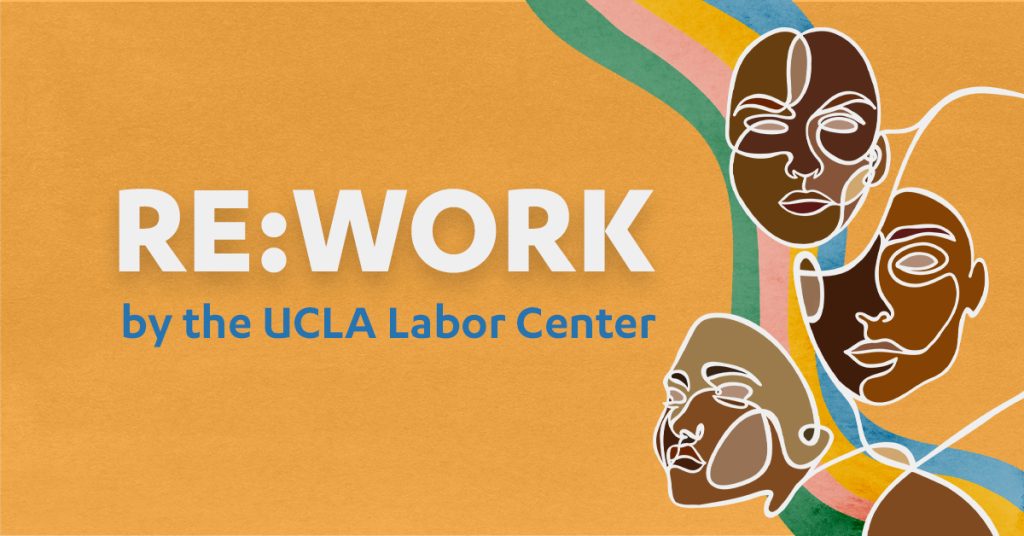Strategies for Economic Survival: A Labor and Employment Assessment of Westlake and Pico-Union
By: Arnold López, Maria Patiño, LeighAnna Newton, Margarita Gamiño, Felicia Gómez
This report, conducted by Community Scholars, aims to understand economic survival strategies of the predominantly Latino immigrant community living in the Westlake and Pico- Union neighborhoods. The research group created a seventeen question survey to gather data about the socioeconomic status of the population living in these two neighborhoods.
This report explores issues that surfaced from the findings such as: type of occupation currently engaged in, wage issues, workplace issues, as well as what the ideal job would be.
Our results found that over 67% of survey respondents indicated earning a monthly income of below $1,200 a month. According to research conducted by the Massachusetts Institute of Technology, this is below the living wage calculated for Los Angeles which is estimated to be $1,900 a month. In addition 33% of survey respondents indicated being paid late by their employer.
In order to combat these labor conditions we found that respondents used four major strategies to survive economically:
- Multiple Jobs – 20% of survey respondents have two or more jobs.
- Long Work Hours – 30% of respondents indicated working over 40 hours a week.
- Informal Self Employment – 55% of respondents are classified as self-employed informal workers such as Street Vendors and Day Laborers.
- Rely on Day Labor Centers – 36% of day laborers stated prior experience with police harassment and 47% experience workplace accident or injury. As a result day laborers depend heavily on day labor centers in order to help curb police harassment and as a safe haven to be able to work.
Additionally, we developed three policy recommendations we will give the City of Los Angeles and community organizations:
- Allocate funding to worker centers and community organizations to conduct job training courses.
- Decriminalize workers in industries that have traditionally faced great discrimination and harassment from the police and the city.
- Create incentives for workers to start their own businesses.

